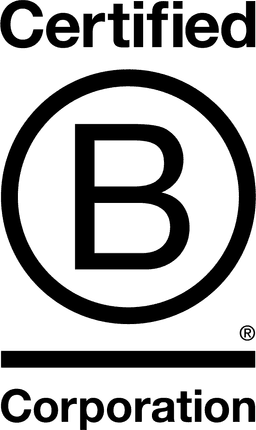

Wild Dog Design

East Sussex, United Kingdom
August 2022
Computer programming services
Service with Minor Environmental Footprint
United Kingdom
Wild Dog is an award-winning independent UK based design agency with a passion for beautiful and effective creative; from sophisticated digital development projects through to branding. Since 1996 we have been working across both b2b and b2c, particularly with the specialist travel market, environmental organisations, education and charities, and medical research. The agency was born out of a desire to design for clients who were passionate about their product or service. Whatever the organisation might do, we found that if the client had an energy, a drive and self-belief to deliver their message through whatever media, then Wild Dog can capture that magic. Since Wild Dog was founded it has always believed in purpose as well as profit. We were co-founders and active members of the AITO Act on Climate Crisis Think Tank as well as being co-signatories and launch partners of the Glasgow Declaration on Climate Action in Tourism. As far as we know we’re the only agency of our kind that commits to donating a percentage of our sales revenue (not profit!) to charities, supporting a local homeless charity, a global animal welfare charity, and an environmental charity. Any client we work with gets to choose which charity they would like to contribute to. wilddogdesign.co.uk
Overall B Impact Score
Governance 19.6
Governance evaluates a company's overall mission, engagement around its social/environmental impact, ethics, and transparency. This section also evaluates the ability of a company to protect their mission and formally consider stakeholders in decision making through their corporate structure (e.g. benefit corporation) or corporate governing documents.
What is this? A company with an Impact Business Model is intentionally designed to create a specific positive outcome for one of its stakeholders - such as workers, community, environment, or customers.
Workers 28.2
Workers evaluates a company’s contributions to its employees’ financial security, health & safety, wellness, career development, and engagement & satisfaction. In addition, this section recognizes business models designed to benefit workers, such as companies that are at least 40% owned by non-executive employees and those that have workforce development programs to support individuals with barriers to employment.
Community 29.0
Community evaluates a company’s engagement with and impact on the communities in which it operates, hires from, and sources from. Topics include diversity, equity & inclusion, economic impact, civic engagement, charitable giving, and supply chain management. In addition, this section recognizes business models that are designed to address specific community-oriented problems, such as poverty alleviation through fair trade sourcing or distribution via microenterprises, producer cooperative models, locally focused economic development, and formal charitable giving commitments.
Environment 14.3
Environment evaluates a company’s overall environmental management practices as well as its impact on the air, climate, water, land, and biodiversity. This includes the direct impact of a company’s operations and, when applicable its supply chain and distribution channels. This section also recognizes companies with environmentally innovative production processes and those that sell products or services that have a positive environmental impact. Some examples might include products and services that create renewable energy, reduce consumption or waste, conserve land or wildlife, provide less toxic alternatives to the market, or educate people about environmental problems.
Customers 3.4
Customers evaluates a company’s stewardship of its customers through the quality of its products and services, ethical marketing, data privacy and security, and feedback channels. In addition, this section recognizes products or services that are designed to address a particular social problem for or through its customers, such as health or educational products, arts & media products, serving underserved customers/clients, and services that improve the social impact of other businesses or organizations.